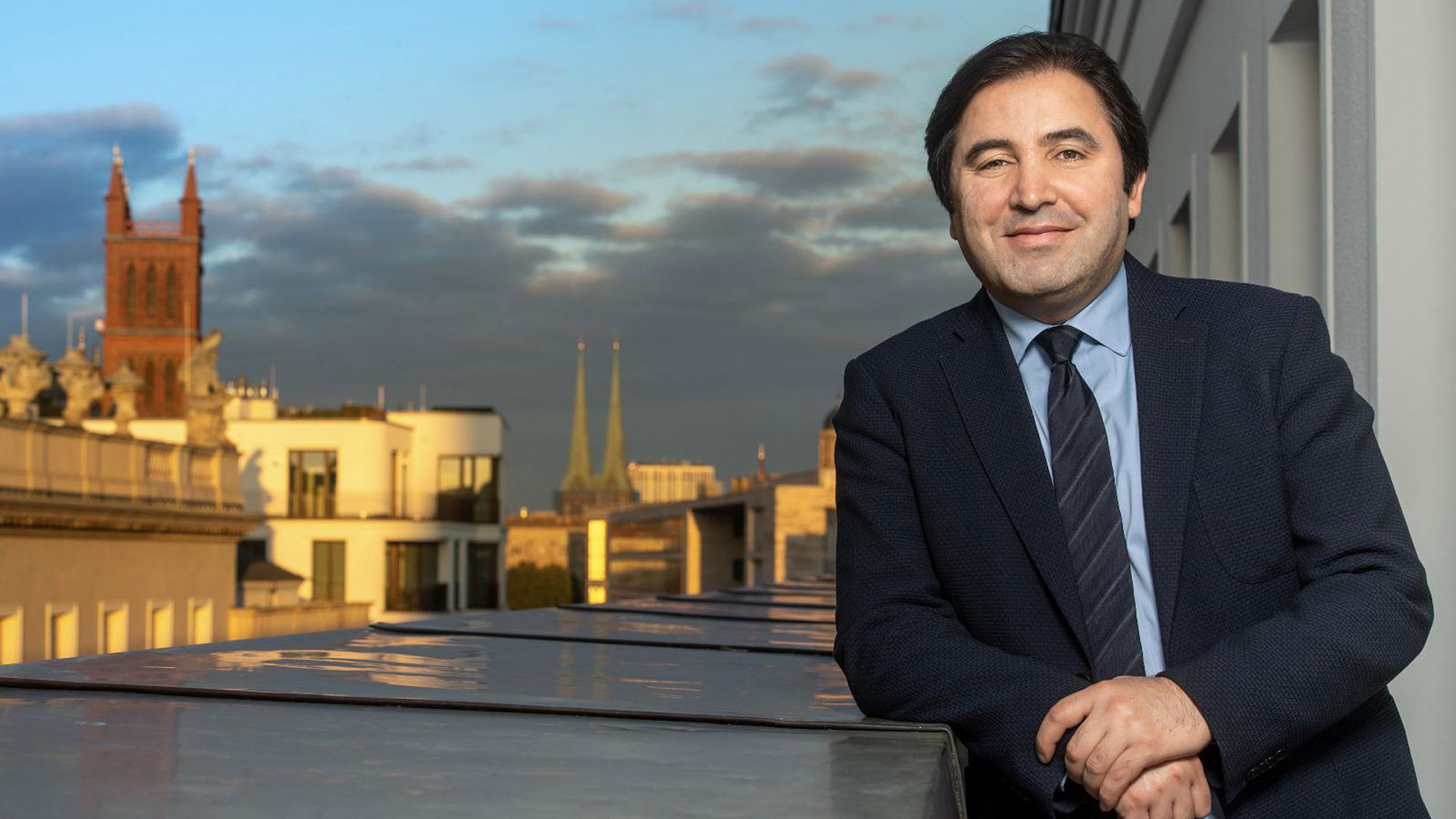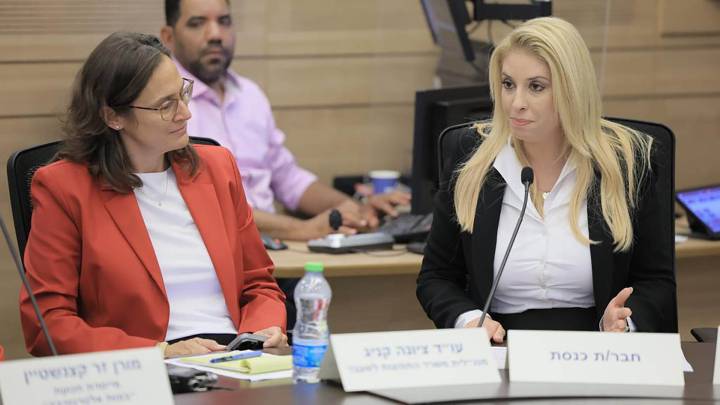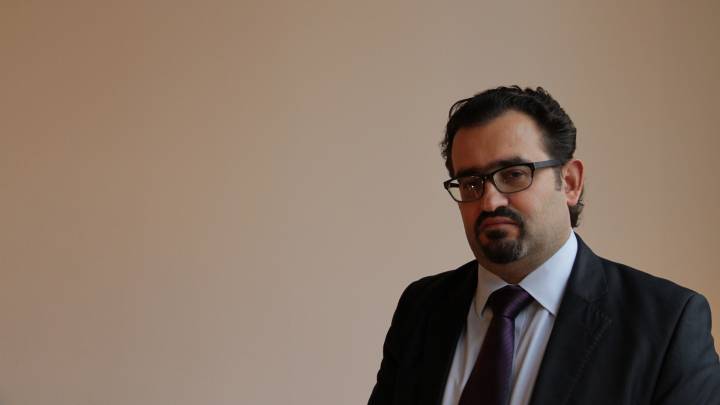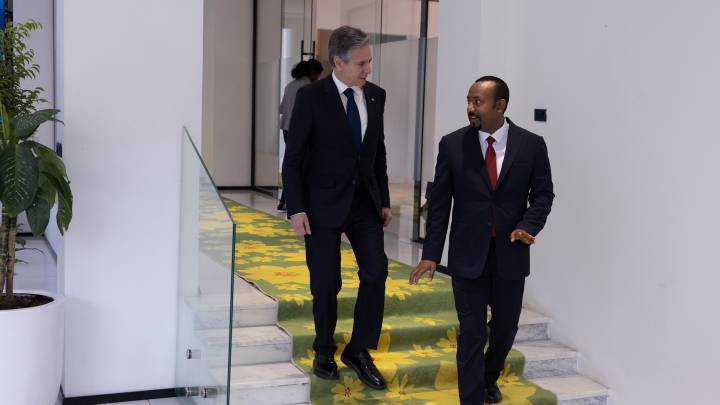Turkey analyst Galip Dalay advocates for a crucial addition for EU-Turkey relations to improve – and to revive the accession process once again.
zenith: What will we see first, the completion of the EU-Turkey accession agreement or a new nuclear agreement with Iran.
Galip Dalay: Obviously, the new nuclear deal with Iran is much more likely because it’s not as cumbersome, whereas the EU accession process is much more complicated.
Why is that?
Ultimately, the accession process has a transformative agenda for Turkey and needs the buy-in of all EU member states. The number of the stakeholders is much larger. The scope of the task is much broader and deeper. And therefore, given the state of the relations between both sides and the state of domestic politics, the membership prospect all but vanished. Even when the Turkey-EU relations enjoyed their most positive phase, around 2002 to 2007/8, the membership prospect was actually dead even back then.
What went wrong and when?
Several things happened in that period. The UN-backed Annan plan to resolve the Cyprus question was put on a referendum and an overwhelming majority of the Turkish Cypriots voted in favour of it, whereas an overwhelming majority of the Greek Cypriots voted against it. And despite this, Cyprus became a member of the EU, even though the Cyprus question was not resolved. That created a structural basis for the crisis between Turkey and the EU. Because Turkey neither recognizes the Republic of Cyprus, nor the Greek Cypriots representing the whole of Cyprus.
‘Whatever happens on the streets of Istanbul will have ripple effects on the streets of Berlin’
What changed in terms of political leadership during this phase of the negotiations?
In 2005, Angela Merkel came to power in Germany, followed by Nicolas Sarkozy in France in 2007. Both opposed Turkey’s accession to the EU. The Christian Democrats in Germany spoke of a privileged partnership instead of full membership. And then Sarkozy pretty much said that the French would oppose any prospect of membership. And even if Turkey would meet all the criteria, the issue would be put to a referendum. And we are talking about a period when Turkey was experiencing one of the most reformist periods in its modern history. So Turkey’s membership process actually was scuttled long before the authoritarian turn in domestic politics.
In January, Turkish foreign minister Mevlüt Çavuşoğlu travelled to Brussels, EU representatives will probably soon head to Ankara in return. Is there genuine renewed interest from both sides to kickstart the process?
Even in the absence of a prospect of membership, the importance of Turkey for the EU and vice versa has not decreased. Turkey and the EU are not a subject of foreign policy for each other, but rather a subject of domestic politics. Almost four million people with Turkish citizenship or with backgrounds in Turkey are living in Germany, for all the EU the number is around six million. There are significant demographic, educational, economic and social ties that bind them to each other. Whatever happens on the streets of Istanbul will have ripple effects on the streets of Berlin. And similarly, the EU is the largest trade partner of and the largest foreign direct investor in Turkey.
How do Ankara’s relations with Brussels differ to, say, relations to Washington?
It’s not a single file issue. Turkey-US relations are effectively an institutionalised security partnership, born within the context of the Cold War. Whereas Turkey-EU relations go beyond a security or political partnership. Today’s Europe is to some extent the result of the catastrophe of the Second World War. But many of the European states also look back on their imperial legacies. And even Ottoman Empire used to be the part of that imperial order in Europe. Therefore, we are not only talking about the current modern states, but even their predecessors in their imperial form who used to be part of the same clubs.
‘The EU and Turkey have been dealing with each other in a largely transactional manner’
What are the most pressing issues at stake in this relationship?
There are a lot of things on the plate for both sides to discuss. From Libya to Syria to the Eastern Mediterranean, major regional transformations and geopolitical confrontations are occurring, the result of which will have a major impact on Turkey and Europe, not only in terms of security, but on domestic politics. There is a close link between the rise of populism and nativism in Europe, the collapse of the states system and of the political order in the Middle East. Among issues that populists have raised extensively were refugees, migration, terrorism, and the lack of security. A significant chunk of these issues was the result of the collapse of the authority and political disorder in the Middle East.
What does that mean for the future of EU-Turkish relations?
We will be seeing more visits like Çavuşoğlu’s in January. But that doesn’t indicate that Turkey and the EU are moving once again towards the membership framework. Thus far, the EU and Turkey have been dealing with each other in a largely transactional manner, as we saw in the context of the refugee deal. But transactionalism cannot be a suitable form for a new form of relationship between Turkey and the EU. Any new form of relationship still needs to have a strong normative or transformative dimension. But the question that remains, how can you have a normative or transformative dimension built into a new framework of relationship if not in an accession framework?
From a policy standpoint, is it better to define this larger transformative framework or does it make more sense to take it one step at a time, focusing on solvable issues?
Looking at the refugee deal of 2016, millions of refugees were fleeing Syria. Their first point of entry was Turkey before they could reach Europe. So there was a common challenge and therefore both sides put aside the broader framework of the relationship and focused on a refugee deal. And that has been one of the few concrete outcomes in this relationship.
So can Turkey and the EU just focus on the areas that they agree on and put aside the areas that they disagree on?
The question would be more to the European side: What kind of Turkey does the EU want to engage with? With a Turkey whose domestic political order also transforms, or at least gets more democratic and transparent? Or does the EU want to engage Turkey purely as a geopolitical actor? And does that mean that the EU has given up on the democratization process in Turkey? Because the domestic democratic setbacks will have foreign policy consequences going forward.
‘The accession framework is defunct, but it has not been replaced by anything else’
How can Europe find its voice to address these issues that are also core values of the EU?
The domestic political picture in Europe is not very encouraging when you look at the prevalence of populist parties and illiberal tendencies in countries like Poland or Hungary. When far-right parties become more and more mainstream in many European countries, that obviously has an impact on Europe’s credibility and ability to serve as a reference point for the democratization and transformation agenda in many parts of the world. And similarly, the domestic political picture in Turkey is bleak, given the authoritarian turn in recent years, as human rights violations have become a routine. But at the same time, we witness a significant level of societal and political dynamism pushing for an alternative political direction for the country.
What alternative routes could lead a way forward?
What I would suggest is to focus on an alternative framework that will not foreclose the accession route down the road and can bring more dynamism to the relationship and some level of normative political transformation inside Turkey in terms of human rights and democratic progress. One of the things that can be done is the EU and Turkey engaging in a foreign policy dialogue for their shared neighbourhood. It makes sense for the Europeans to be a stakeholder in this societal and domestic political transformation of countries in the Middle East. I think there should be a multilevel engagement, the political and policy engagement on the issues of common concern or common challenges, but also generational engagement geared towards building a shared future. And there is a need for doubling down on the engagement of civil society dialogue between Turkey and Europe.
Who is actually still pursuing the EU accession framework and what difference would it make?
The accession framework is defunct, but it has not been replaced by anything else. But everyone agrees that it’s not working and it’s unlikely to work anytime soon. There is still a quite large societal support for Turkey’s European orientation in Turkey. That doesn’t necessarily equate to a Turkish EU membership, but at least the European orientation is important for quite a significant chunk of society in Turkey. For different reasons, be it economic gains or democratic progress and good governance. The subtle support, at least on the Turkish side, is still significant. But when you compare this to 1990s, when Europe had enjoyed also quite significant support among the elites, among the intellectuals, this kind of support unfortunately has decreased a bit. One of the reasons being Europe’s credibility crisis. Europe’s ability to be the reference point for Turkey’s domestic political transformation has been dented, but it has not been replaced. And that is something important to bear in mind while engaging.
‘The German Turks were, in a sense, social entrepreneurs’
How did the experience of 60 years of migration to Germany and the lives of three generations of German Turks change the perspective on Germany in Turkey?
The German-Turkish relationship is a domestic policy issues for both countries, because millions of people regard both countries as their home. They provide, in essence, what I would call the human or societal ownership of this relationship. And that’s why I think a rupture in this relationship is not likely, despite the fact that Turkey and Germany have experienced some very tense moments in their relationship. But they still could overcome these crises because of the significant social and human bonds that bind these two countries together. And this will continue to be the case.
How does this political relationship relate to the societal experience of German Turks?
Perhaps for many Germans, their idea of Turkey first was shaped by their experience of the Turkish community in Germany. And for many in Turkey, for quite some time, the German Turks were, in a sense, social entrepreneurs, a connection point for many people in the country when it comes to Germany. They became the lens through which Turkey saw Germany and the Germans saw Turkey.
How does the diaspora affect bilateral relations today?
Obviously nowadays, the level of engagement has been much larger, much deeper and much more frequent. So now Germany sees Turkey beyond the Turkish community in Germany and the same goes for Turkey. But still, the diaspora remains arguably one of the, if not the most important subject in bilateral relations. When Germany forms its foreign policy towards Turkey, obviously it always keeps in mind the presence of a large Turkish community in Germany in a way that France, when it forms its policy towards North Africa, will factor in the fact that there is a large North African community in France.
How to address the fact that more and more German Turks are dragged into Turkey’s domestic political conflicts, often affecting their personal lives and that of their relatives back in Turkey?
Political, ideological, identitarian and social divides that exist in Turkey also have their reflection within the Turkish community in Germany. This is an unavoidable result of the migration and the social connectivity that we are experiencing. So domestic politics in Turkey will continue to impact the Turkish community here in Germany. But nevertheless, both countries should make sure that this impact is not gaining a toxic character for the Turkish community in Germany. There needs to be a way to separate this tension at the level of German-Turkish relations from the social dimension, as difficult as this seems.
‘Germany has played the role of the actor that was preventing further ruptures in this relationship’
What was something that was actually going in the right direction and could be built upon, and what could the reengagement maybe look like beyond current governments?
If we look at the first decade of the 2000s, I would say that this was quite a good period in the relationship. Turkey recorded economic growth and pursued domestic reforms. Turkey-EU relations in general and Turkish-German relations in particular had quite a positive impact. Also at a societal level, the German perception of Turkey appeared to be changing and vice versa. Many German Turks, for instance, even went back to Turkey because of these opportunities. Once a similar picture emerges again, that could usher in a much more positive atmosphere. But the democratic setbacks, the human rights violations, and growing tide of authoritarianism which are now being accompanied by an economic crisis obviously create quite a toxic atmosphere going forward.
Should Germany take a more pro-active role in defining this relationship?
The European level will always factor in a very strong German perspective, with Germany being the largest economy in Europe, but also given the strong social dimension of the German-Turkish relationship. And we are already seeing this. In recent years, Turkey-EU relations have reached a low point. And Germany has played the role of the actor that was preventing further ruptures in this relationship. In this respect, I think the Germans will be the most important actors in any formulation of any form of the relationship between Turkey and Europe, particularly now that the UK is no longer part of the club. Germany also has significant support from countries like Spain and Italy in the Turkey file.
Where do the biggest risk lie if the EU-Turkey relationship deteriorates and where do both sides stand to gain most if the situation improves?
Cyprus continues to be one of the major risk factors. As the federal prospect wanes, the idea of a two-state solution for Cyprus is gaining currency in Turkey, and if Ankara doubles down on this, that will generate quite a deep crisis in Turkey-EU relations. There is a stalemate there. On Cyprus, I do not see much prospect for a resolution anytime soon. By accepting Cyprus as a full member without resolution of the dispute, the EU has imported this crisis with all its complexities and created a structural basis of the crisis in its relations with Turkey. Similarly, we are experiencing a de-escalation of the crisis in the Eastern Mediterranean, particularly between Turkey and Greece. But if this conflict flares up and somehow this results in an incident, that could produce a very toxic climate. A best-case scenario would see Turkey once again committing to domestic political reform or introducing some democratization or human rights measures – elements of good governance. And that will have implications for the whole atmosphere in Turkey-EU relations. At the foreign policy level, if Turkey and Europe can find a way for a much more structured dialogue on the issues of common concerns and challenges that will also have an impact on improving the climate of the relations.
Galip Dalay is the Richard von Weizsäcker Fellow at the Robert Bosch Academy, an associate fellow at Chatham House, and a doctoral researcher in the Faculty of History at the University of Oxford, and non-resident fellow at the Brookings Doha Center (BDC). His current research focuses on the question of regionalism, regional order and governance in the Middle East, Turkish politics, Turkish foreign policy, regional Kurdish politics, Middle Eastern politics, Turkish-Russian and history and politics of Turkish-Western/European relations, and history of post-colonial and post-imperial forms of internationalism. Dalay’s pieces and analysis have appeared on Foreign Affairs, Foreign Policy, Project Syndicate, Newsweek, Le Monde, Al Jazeera, Open Democracy, Middle East Eye and The World Politics Review.




